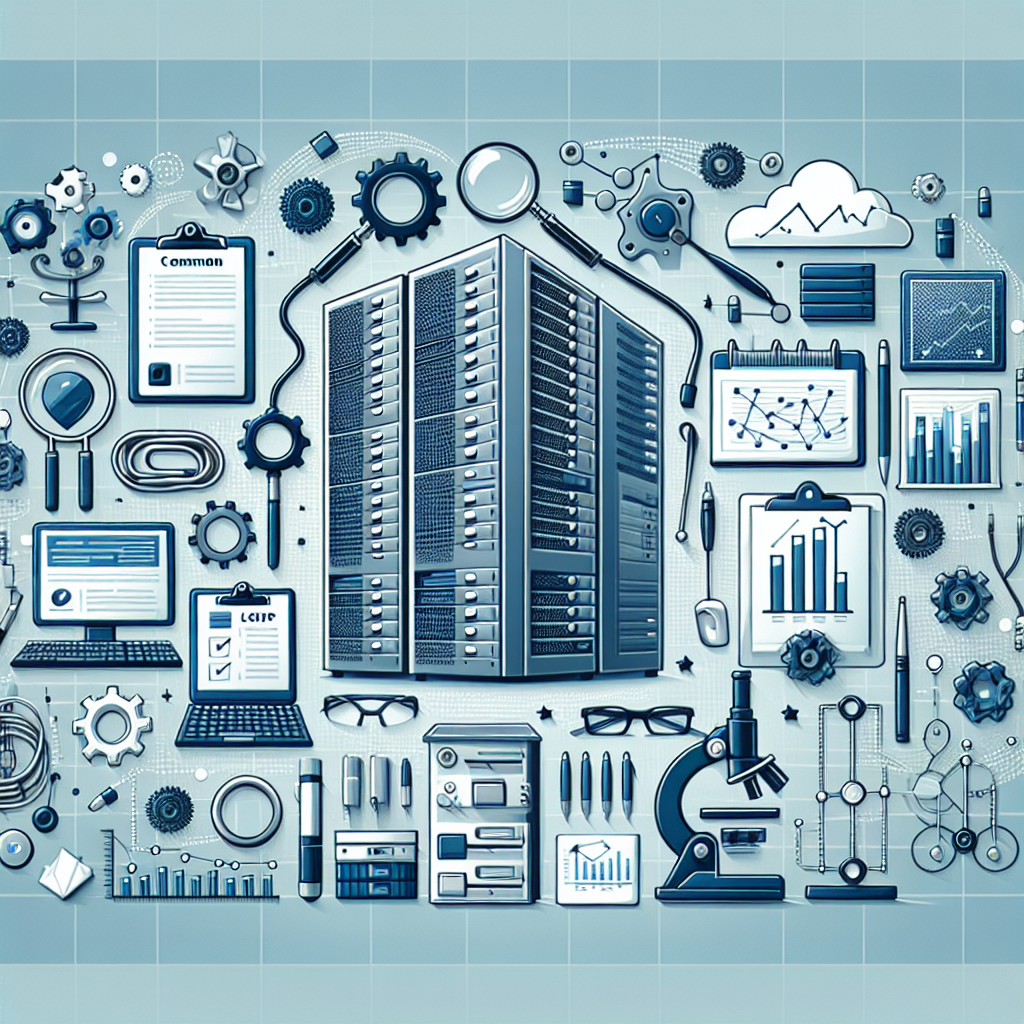Data centers are the backbone of any organization’s IT infrastructure, housing critical data, applications, and hardware. As such, it is crucial for data center audits to be conducted regularly to ensure that the facility is operating efficiently, securely, and in compliance with industry regulations. However, data center audits can present a number of challenges, from complex technical requirements to tight deadlines. In this article, we will explore some common challenges faced during data center audits and best practices for overcoming them.
One of the biggest challenges in conducting a data center audit is ensuring that all areas of the facility are thoroughly examined. Data centers are complex environments with multiple layers of technology and infrastructure, making it easy for areas to be overlooked. To address this challenge, auditors should develop a comprehensive audit plan that outlines all areas to be reviewed, such as power and cooling systems, network infrastructure, security measures, and disaster recovery plans. By following a structured audit plan, auditors can ensure that no stone is left unturned and that the data center is thoroughly assessed.
Another challenge in data center audits is ensuring that the audit is conducted in a timely manner. Data centers are mission-critical facilities that cannot afford lengthy downtime for audits. To address this challenge, auditors should work closely with data center staff to schedule the audit at a time that minimizes disruption to operations. Additionally, auditors should use automated tools and processes to streamline the audit process and gather data more efficiently. By leveraging technology, auditors can conduct audits more quickly and minimize downtime for the data center.
Security is another key challenge in data center audits, as data centers house sensitive information that must be protected from unauthorized access. Auditors must ensure that security controls are in place to prevent breaches and comply with industry regulations. To address this challenge, auditors should conduct thorough security assessments, such as penetration testing and vulnerability scans, to identify potential weaknesses in the data center’s security posture. Auditors should also review access controls, encryption methods, and monitoring systems to ensure that data is adequately protected.
In addition to these challenges, auditors may also face difficulties in interpreting audit findings and communicating them effectively to stakeholders. To overcome this challenge, auditors should provide clear and concise reports that outline audit findings, recommendations, and action items. Auditors should also work closely with data center staff to address any issues identified during the audit and ensure that corrective actions are implemented in a timely manner.
In conclusion, data center audits present a number of challenges, from ensuring thorough assessments to conducting audits in a timely manner. By following best practices, such as developing a comprehensive audit plan, leveraging technology, conducting security assessments, and communicating findings effectively, auditors can overcome these challenges and ensure that data centers are operating efficiently, securely, and in compliance with industry regulations. Conducting regular data center audits is essential for maintaining the integrity and reliability of the data center, and by addressing these challenges head-on, auditors can ensure that the facility is well-equipped to support the organization’s IT needs.


Leave a Reply